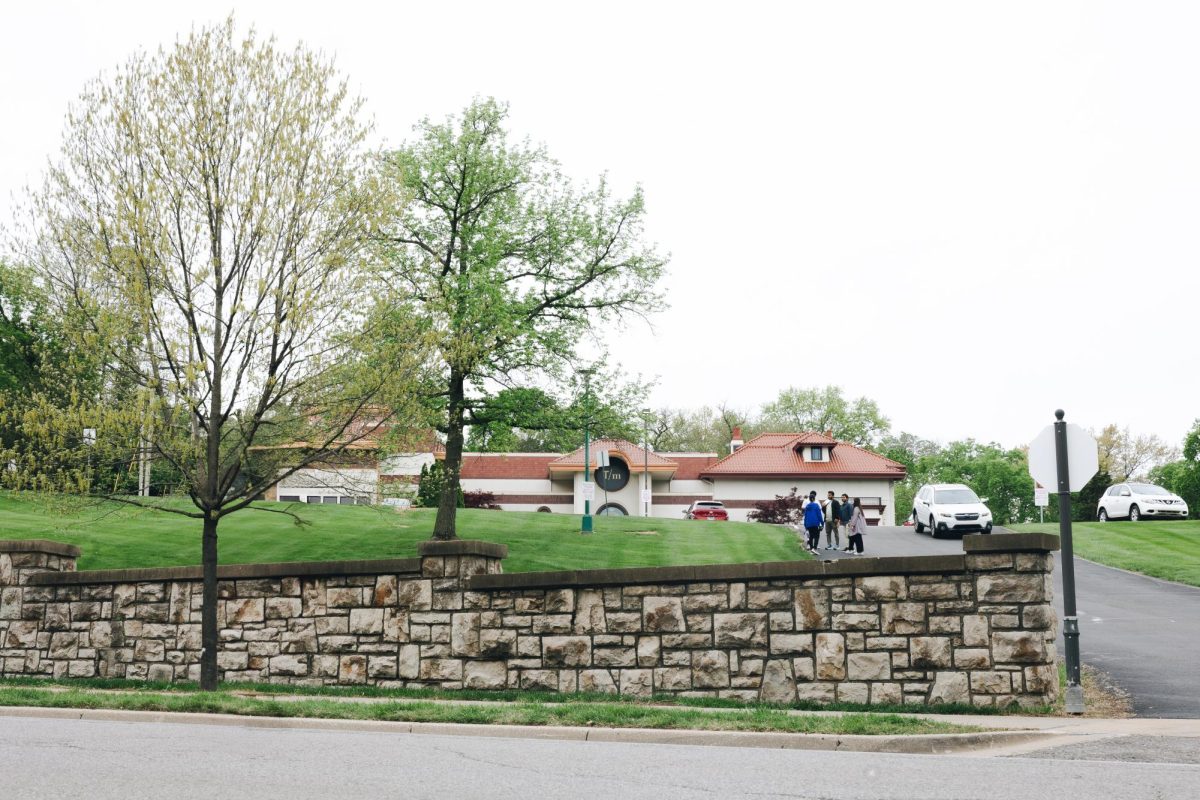As students start enrolling in classes for the upcoming fall semester, some will sign housing contracts for the 2024-25 school year. However, some students are deciding not to return to on-campus housing.
The cost of living on campus will rise once again for the upcoming school year. Starting in the fall, a single-bedroom unit at Hospital Hill Apartments will increase from $13,076 to $13,599 for two semesters. A double/four-person suite at Johnson and Oak Hall will increase from $7,824 to $8,137.
“UMKC should make an effort to lower housing prices to keep students on campus,” said Kate Sauer, a third-year pharmacy student and resident at the Hospital Hill Apartments.
Sauer plans to move out at the end of the semester..
“I decided to move off-campus because the apartments are too expensive for their quality,” Sauer said. “We already pay a lot of money to attend class, park on campus, utilize dining halls, books and other materials. Expensive housing on-campus only adds to the financial stress students feel.”
Sauer isn’t the only student who has noticed the high prices for on-campus housing.
Chemistry major Paige Williams says next year will be her last in the residential halls. “I signed a contract for next year, but will not be returning after. It has gotten too expensive for me to justify living there.”
The Housing Authority of Kansas City lists $1,104 as the standard affordable housing payment for a one-bedroom apartment.
A UMKC student pays $13,599 for a one-bedroom apartment at Hospital Hill Apartments. After dividing that cost into nine months, the student is paying $1,511 in monthly rent, $400 over standard rent prices in Kansas City.
A single room with a shared bathroom in Oak or Johnson Hall costs students $1,143 per month – still over the affordable housing standard.
While many students are calling for campus housing cost decreases, UMKC Chancellor Mauli Agrawal has no immediate plans to improve housing on campus or lower its cost.
Agrawal says he is being realistic about the future of housing on campus.
“Housing demands go up and down. After COVID we were at about 60% capacity,” the chancellor said in a Roo News classroom visit. “We are just now back to 90% capacity.”
He mentioned that funding will likely only come when residential halls are at full capacity with a waitlist.
erwbmf@umkc.edu


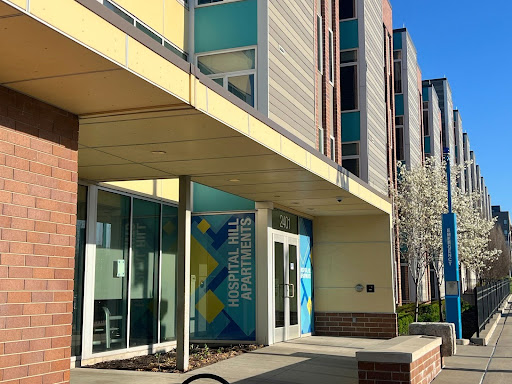

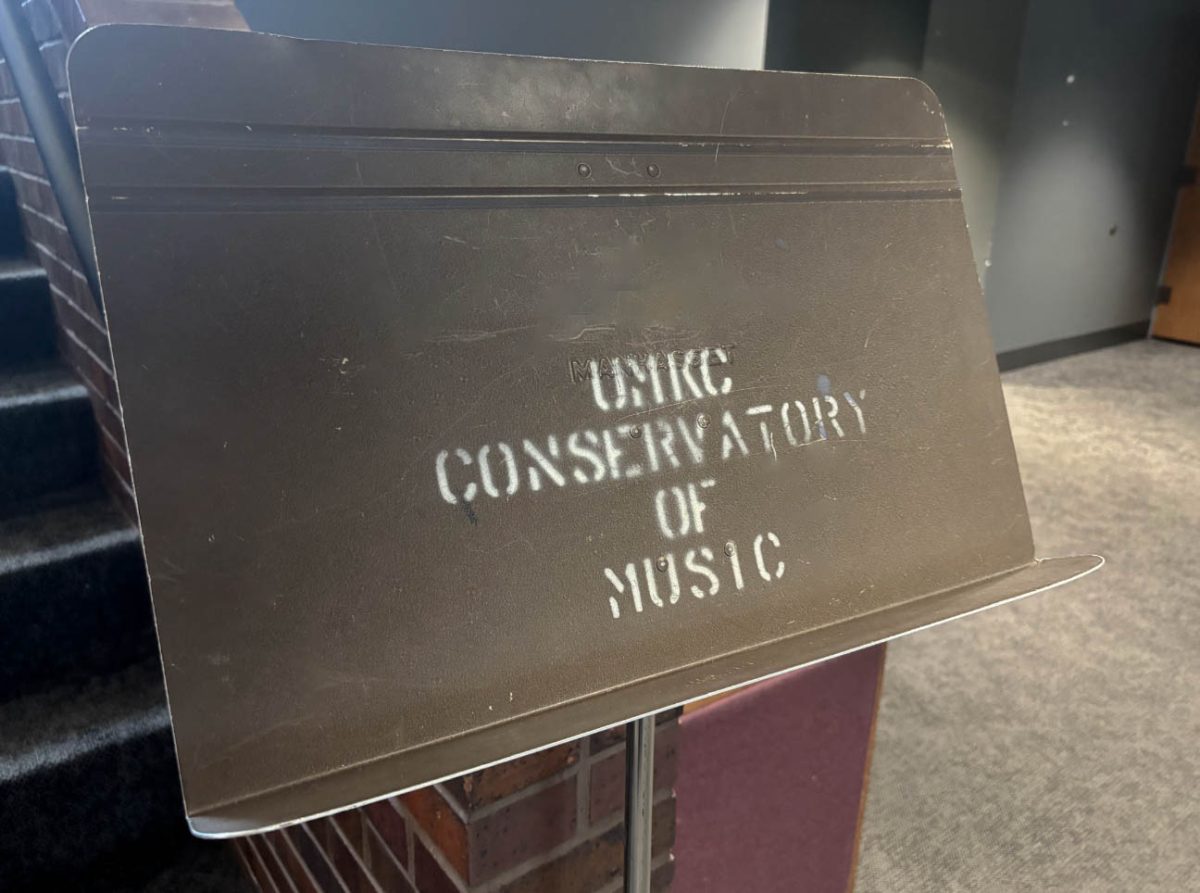

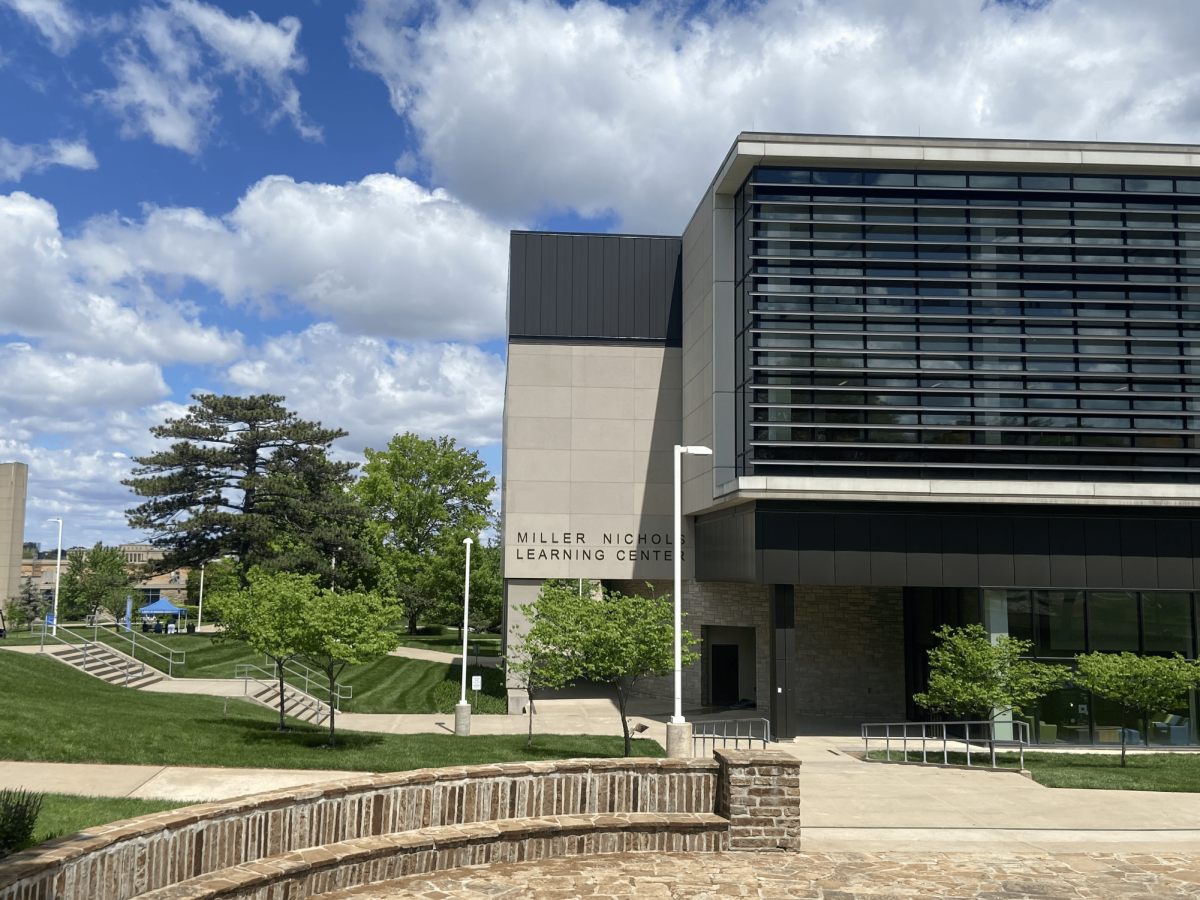
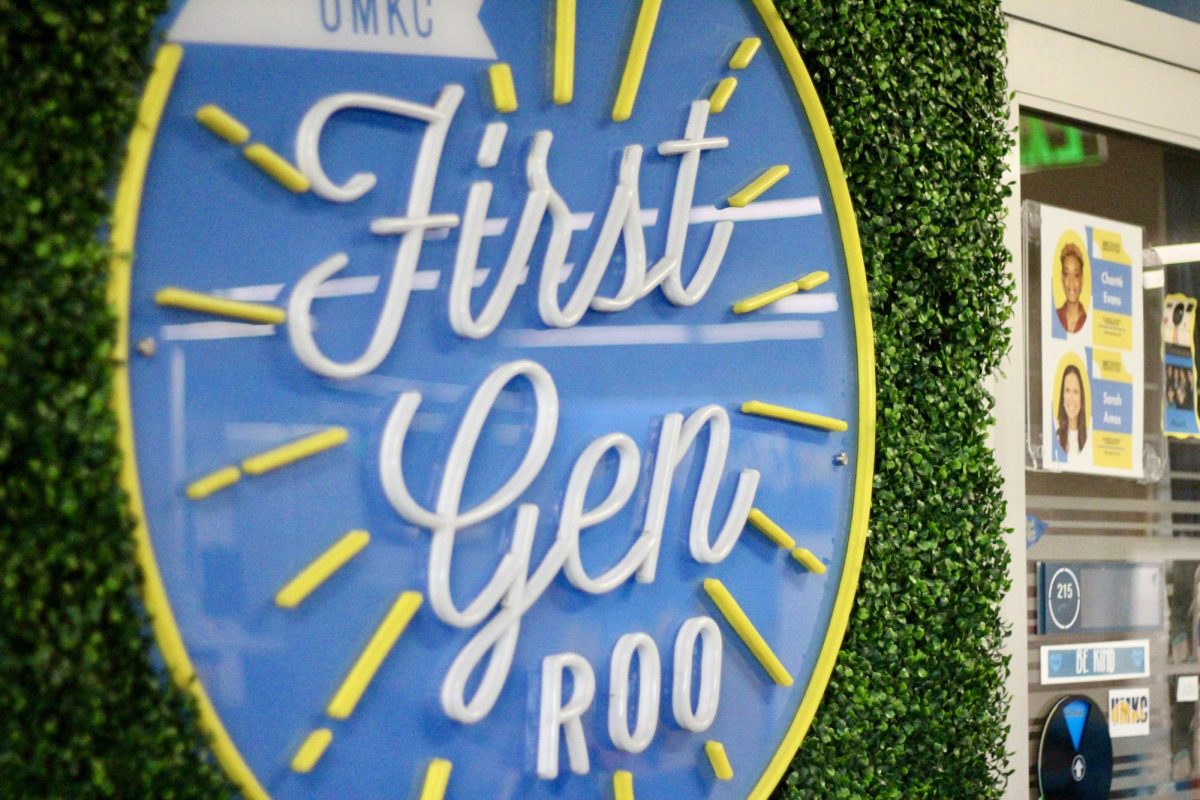

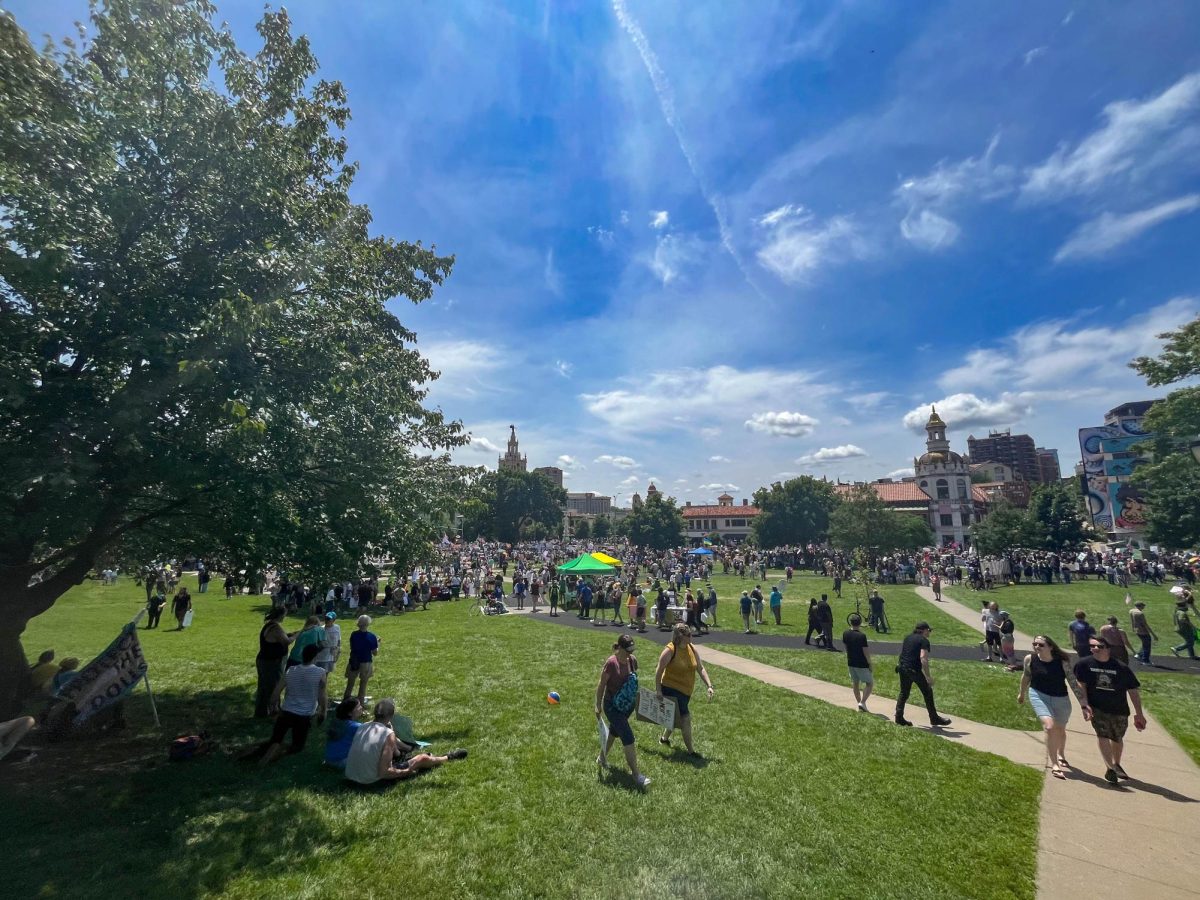


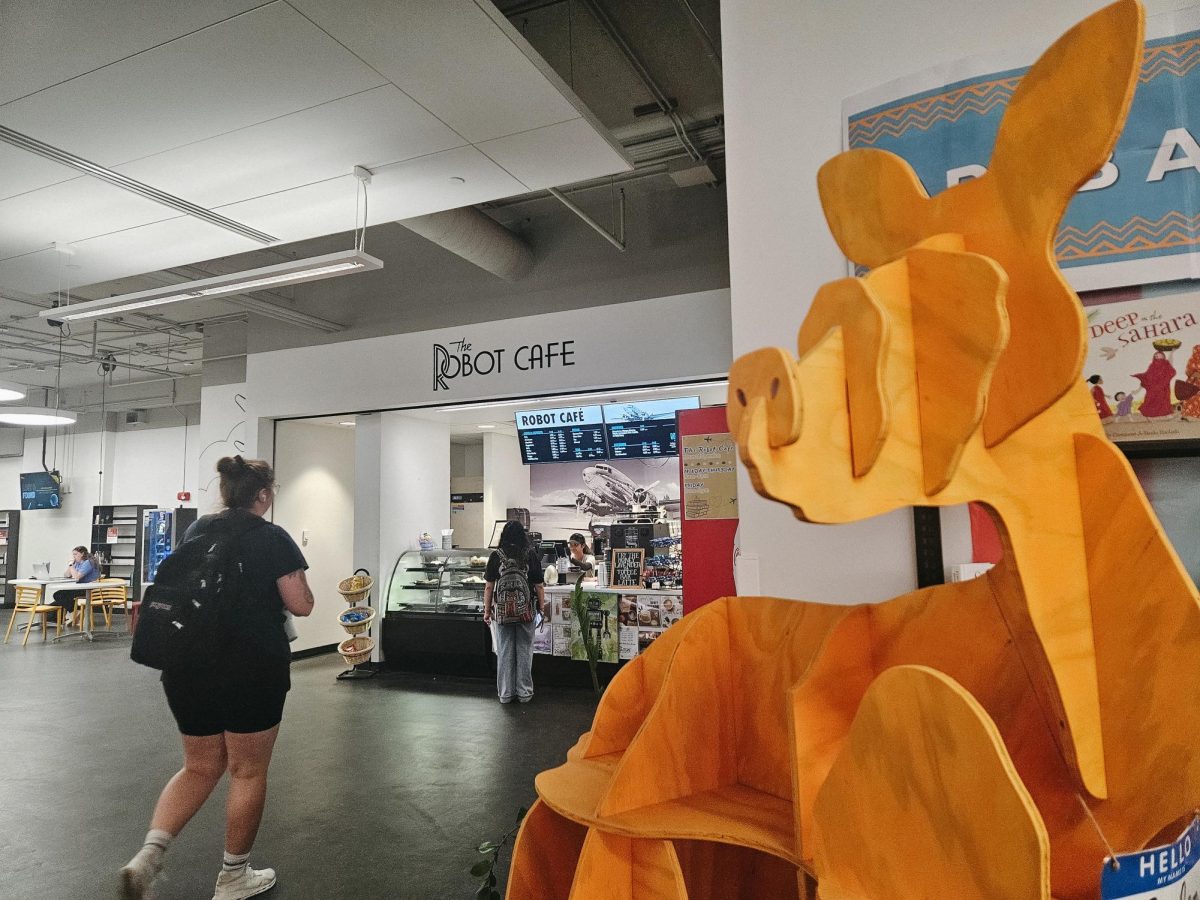
![Alex Unseth [left] and Yasmen Hassen [right] speaking at the dinner.](https://kcroonews.com/wp-content/uploads/2025/04/SGA-1-1200x800.jpg)
